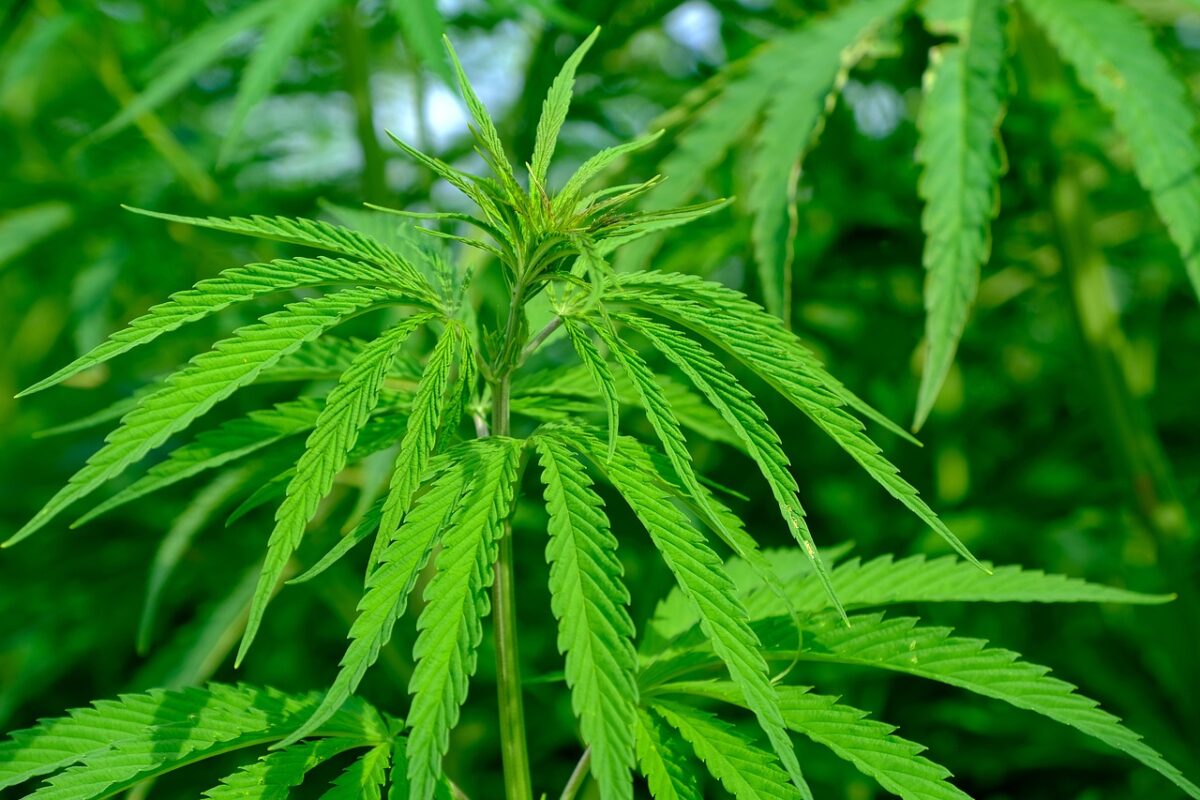
-
Table of Contents
- Discovering THCA Flower: Nature’s Non-Psychoactive Power
- Understanding THCA: The Basics
- How THCA Converts to THC
- Potential Health Benefits of THCA
- THCA Flower: Consumption Methods
- Raw Consumption
- Juicing
- Tinctures and Oils
- Case Studies and Research
- Case Study: THCA for Epilepsy
- Research on Anti-inflammatory Effects
- Legal Status and Availability
- Conclusion
Discovering THCA Flower: Nature’s Non-Psychoactive Power
In recent years, the cannabis industry has seen a surge in interest surrounding various cannabinoids and their unique properties. Among these, THCA (tetrahydrocannabinolic acid) has garnered attention for its non-psychoactive nature and potential health benefits. This article explores the characteristics, benefits, and applications of THCA flower, providing valuable insights for those curious about this intriguing compound.
Understanding THCA: The Basics
THCA is a naturally occurring cannabinoid found in raw and live cannabis plants. Unlike THC (tetrahydrocannabinol), which is well-known for its psychoactive effects, THCA does not produce a “high.” This distinction makes THCA an appealing option for individuals seeking the therapeutic benefits of cannabis without the mind-altering effects.
How THCA Converts to THC
THCA is the precursor to THC. When cannabis is exposed to heat through smoking, vaping, or cooking, a process called decarboxylation occurs. This process removes a carboxyl group from THCA, converting it into THC. In its raw form, THCA remains non-psychoactive, making it suitable for those who prefer to avoid the intoxicating effects of THC.
Potential Health Benefits of THCA
Research into the health benefits of THCA is still in its early stages, but preliminary studies and anecdotal evidence suggest several promising applications:
- Anti-inflammatory Properties: THCA has shown potential in reducing inflammation, which could be beneficial for conditions such as arthritis and inflammatory bowel disease.
- Neuroprotective Effects: Some studies indicate that THCA may help protect brain cells, potentially offering benefits for neurodegenerative diseases like Alzheimer’s and Parkinson’s.
- Anti-emetic Effects: THCA may help reduce nausea and vomiting, making it a potential option for patients undergoing chemotherapy or those with chronic gastrointestinal issues.
- Antioxidant Properties: The antioxidant effects of THCA could contribute to overall health and wellness by combating oxidative stress.
THCA Flower: Consumption Methods
There are several ways to consume THCA flower, each offering unique benefits and experiences:
Raw Consumption
One of the simplest methods is consuming raw cannabis leaves or flowers. This can be done by adding them to smoothies, salads, or other dishes. Raw consumption preserves the THCA content, allowing users to experience its benefits without psychoactive effects.
Juicing
Juicing raw cannabis is another popular method. This involves blending fresh cannabis leaves and flowers with fruits and vegetables to create a nutrient-rich beverage. Juicing retains the THCA content and provides a convenient way to incorporate it into a daily routine.
Tinctures and Oils
THCA tinctures and oils offer a concentrated form of the cannabinoid. These products can be taken sublingually (under the tongue) or added to food and beverages. Tinctures and oils provide precise dosing and are a discreet option for those seeking the benefits of THCA.
Case Studies and Research
Several case studies and research efforts have highlighted the potential of THCA:
Case Study: THCA for Epilepsy
A notable case study involved a young girl with severe epilepsy who experienced significant improvement after incorporating THCA into her treatment regimen. Her seizure frequency decreased dramatically, showcasing the potential of THCA as an alternative treatment for epilepsy.
Research on Anti-inflammatory Effects
A study published in the journal “Phytomedicine” explored the anti-inflammatory properties of THCA. The researchers found that THCA effectively reduced inflammation in animal models, suggesting its potential for treating inflammatory conditions in humans.
Legal Status and Availability
The legal status of THCA varies by region. In some areas, THCA is classified similarly to THC, while in others, it is considered a separate compound with different regulations. It’s important to research local laws and regulations before purchasing or consuming THCA products.
THCA flower and related products are becoming more widely available as interest in this cannabinoid grows. Many dispensaries and online retailers now offer THCA-rich strains, tinctures, and oils, making it easier for consumers to access these products.
Conclusion
THCA flower represents a fascinating and promising area of cannabis research. Its non-psychoactive nature and potential health benefits make it an attractive option for those seeking alternative therapies. As research continues to uncover the full range of THCA’s effects, it is likely that this cannabinoid will play an increasingly important role in the world of natural health and wellness.